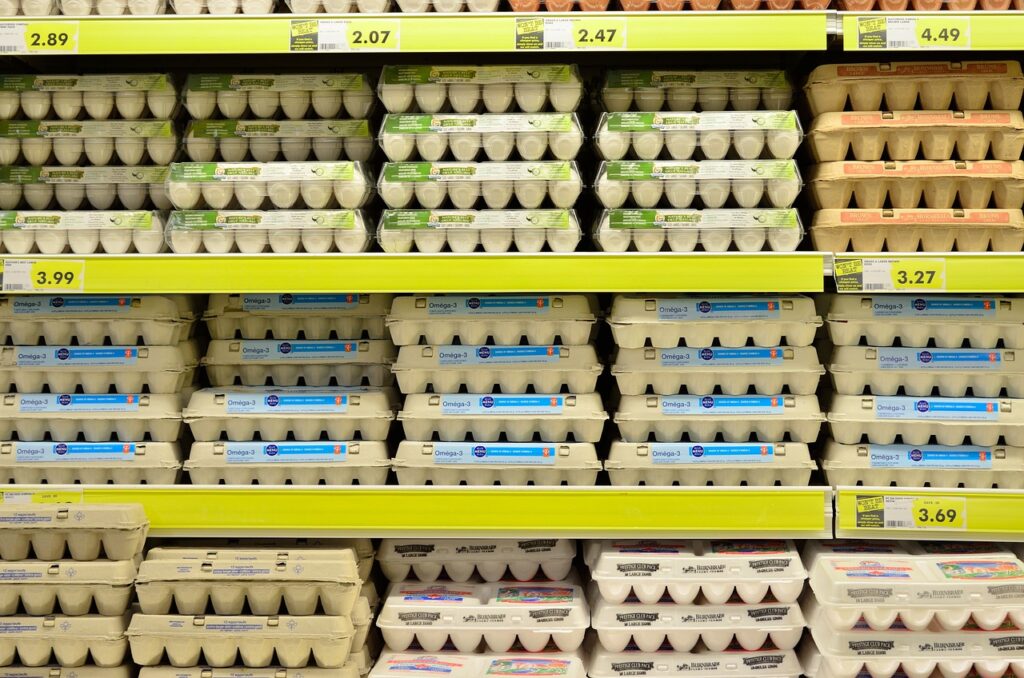Egg prices have skyrocketed by 60% in the past year, leaving consumers scrambling to find ways to save money on this staple food item. So, what led to this sudden surge in egg prices and what can consumers do to keep their grocery bills in check? One of the main reasons for the increase in egg prices is a shortage of egg-laying hens. The COVID-19 pandemic caused disruptions in the supply chain, leading to a decrease in the number of hens available for egg production. Additionally, the demand for eggs has increased as people are eating more at home due to the pandemic.

To save money on eggs, there are several tips to consider. One option is to buy in bulk, opting for a carton of eggs instead of individual eggs, which can save money in the long run. Another option is to shop at discount stores, which often offer eggs at lower prices than regular grocery stores. Keeping an eye out for sales and promotions on eggs, especially during holidays such as Easter, is also a great way to save money. For those looking for alternative protein sources, eggs are a great option, but there are other options such as legumes and tofu that can be used as substitutes in some recipes. Finally, for those with the pace, raising your own chickens for eggs can save money in the long run and provide you with fresh eggs.

In conclusion, the recent increase in egg prices is due to a combination of factors including a shortage in egg-laying hens and increased demand. By following these tips, consumers can save money on eggs and still enjoy this versatile food item. The recent increase in egg prices is due to a combination of factors including a shortage in egg-laying hens and increased demand. By following the tips mentioned above, consumers can save money on eggs and still enjoy this versatile food item.



